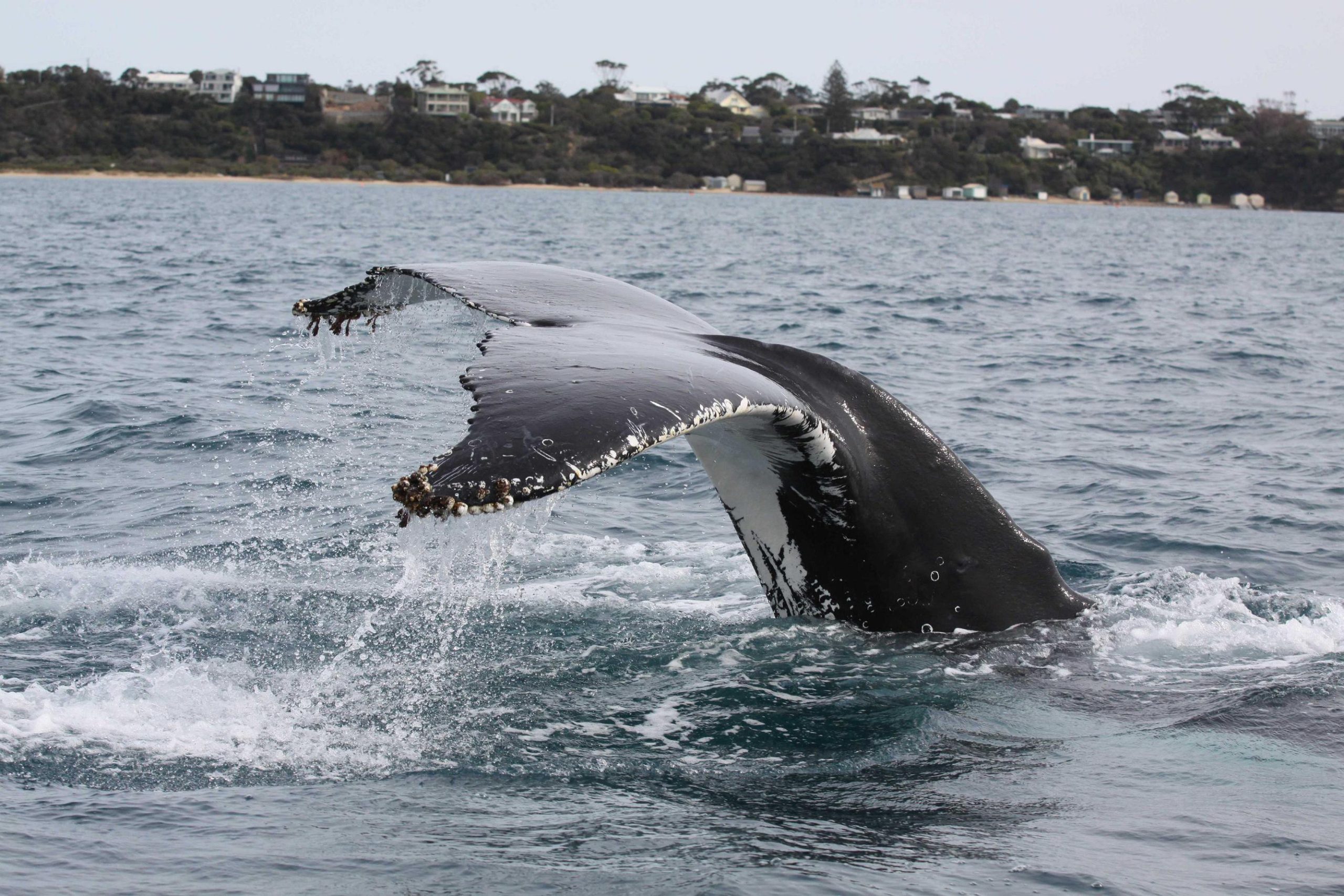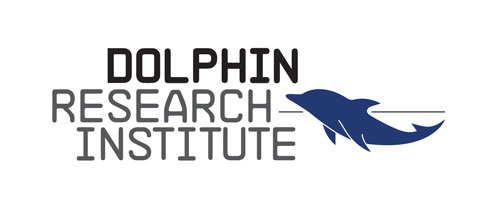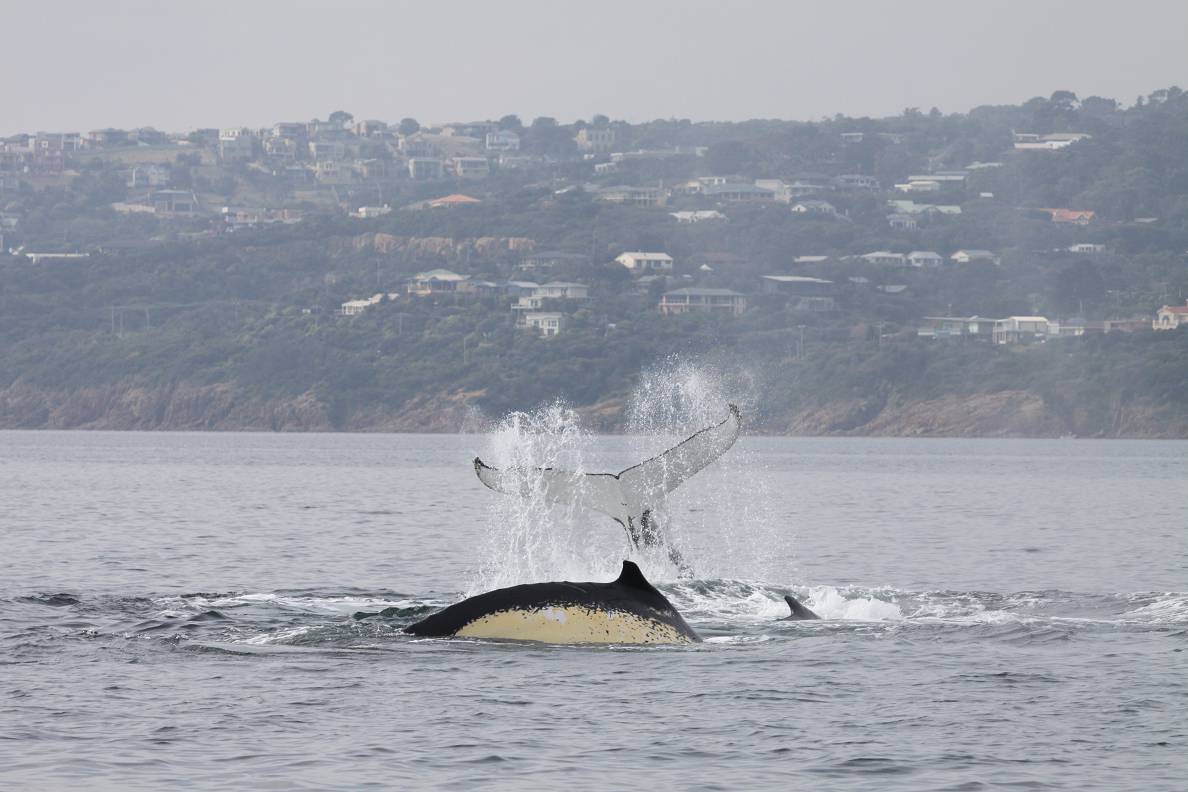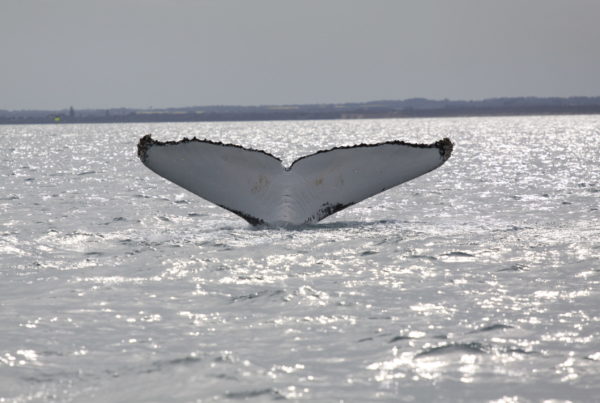With the annual migration of whales northward in full swing, sightings of these cruising tourists are occurring around the coast. However, some people are finding it difficult to know what exactly they are looking for.
Not all whales are as obliging as this humpback off Portsea, or the two above at Mount Martha. In fact, whales might be swimming past you without you knowing. They can hold their breath for some time, so you might not see them, even if they’re there! The exhaled breath is known as the ‘blow’. The blow that looks like water is actually a vapour of warm air and lung secretions that condenses as it hits the colder sea air.
In fact, whales might be swimming past you without you knowing. They can hold their breath for some time, so you might not see them, even if they’re there! The exhaled breath is known as the ‘blow’. The blow that looks like water is actually a vapour of warm air and lung secretions that condenses as it hits the colder sea air.
It’s bit like us breathing fog on a cold day looking for whales.

On a still day, the blow can be seen for a few seconds. (Image right of a pygmy blue whale: Sue Mason, DRI Research Director).
Humpback whales have a ‘bushy’ blow of up to 3 metres, whereas the southern right whale blasts out a v-shaped blow up to 5 metres!
Below are two humpbacks off Phillip Island, image taken by Renee de Bondt from Wildlife Coast Cruises.

All of these photos have been taken from vessels that have research or commercial permits that allow close approach distances. People in recreational/fishing boats must not come closer than 200m to a whale – so a powerful zoom lens is needed to get such amazing shots!
Breaching (leaping out of the water), tail slapping and pec (pectoral fin) slapping is spectacular, and also difficult to see from a distance. Like this humpback whale breaching, photo taken by Alana Chantry recently. 
Most people looking for whales will be on high ground, hopefully with binoculars. Even so, it can be difficult to tell between what is a whale, a wave or a small fishing boat. That’s the fun of whale watching – you never know what’s out there!
Check the Two Bays Whale Project facebook for recent sightings, and add your sightings here and below.
The Dolphin Research Institute is a registered charity. Donations of $2 or more are tax deductible. Please consider making a donation or becoming an Adopt-A-Dolphin supporter.





